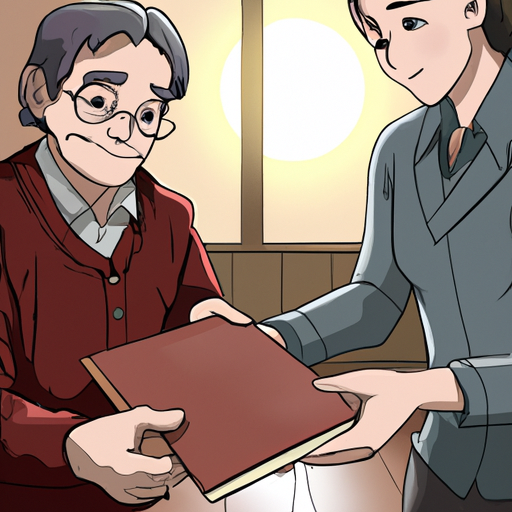There's been a surge in the donations of personal recollections from the Hiroshima and Nagasaki atomic bomb survivors in Japan, a development some attribute to the increasing age demographic of these survivors. These narratives, serving as powerful educational resources on the horrors of nuclear warfare, have evidently gained more attention recently. Yet, the exact reasons for this sudden increase are still under speculation.
In Japan, the memories of the atomic bombing during World War II are very much alive, kept relevant by these personal memoirs. These narratives, directly from the survivors or "Hibakusha", serve as important educational resources for younger generations, driving home the horrors of nuclear weapons and war, and resonating with the Japanese societal value of peace.
In comparison, in the U.S. or EU, events of similar magnitude, like the Holocaust, also have their survivors' accounts documented, published and disseminated as constant reminders of those harrowing times. Though the ways the memories are preserved might differ, the purpose is ultimately the same - to educate future generations and prevent the recurrence of such historical atrocities.

